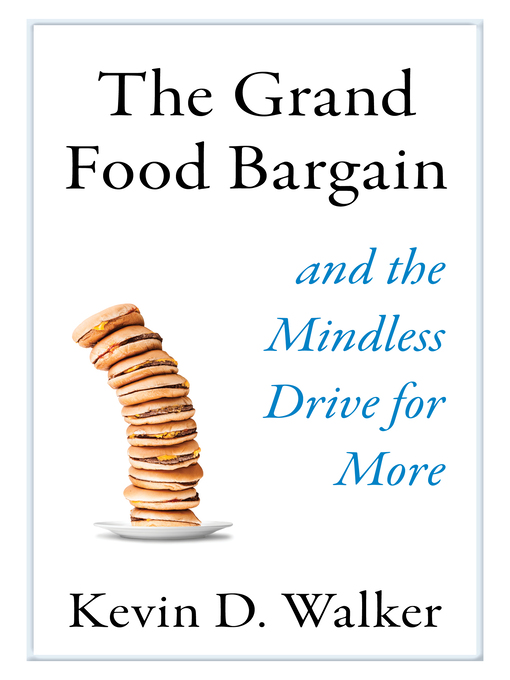When it comes to food, Americans seem to have a pretty great deal. Our grocery stores are overflowing with countless varieties of convenient products. But like most bargains that are too good to be true, the modern food system relies on an illusion. It depends on endless abundance, but the planet has its limits. So too does a healthcare system that must absorb rising rates of diabetes and obesity. So too do the workers who must labor harder and faster for less pay.
Through beautifully-told stories from around the world, Kevin Walker reveals the unintended consequences of our myopic focus on quantity over quality. A trip to a Costa Rica plantation shows how the Cavendish banana became the most common fruit in the world and also one of the most vulnerable to disease. Walker's early career in agribusiness taught him how pressure to sell more and more fertilizer obscured what that growth did to waterways. His family farm illustrates how an unquestioning belief in "free markets" undercut opportunity in his hometown.
By the end of the journey, we not only understand how the drive to produce ever more food became hardwired into the American psyche, but why shifting our mindset is essential. It starts, Walker argues, with remembering that what we eat affects the wider world. If each of us decides that bigger isn't always better, we can renegotiate the grand food bargain, one individual decision at a time.

